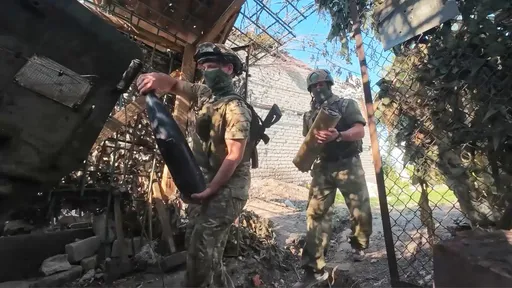The goal of the forum was to boost bilateral trade between Iran and the EU, a pressing point for the country struggling with an economy weakened by crippling international sanctions, financial isolation, and, most recently, the Covid-19 pandemic.
The organising committee of the conference wrote in a statement that they “decided to take the exceptional step of postponing the conference,” without stating a reason. “European and Iranian policymakers continue to engage in the necessary dialogue to establish the appropriate conditions for effective economic diplomacy,” it continued.
The business forum would have been the first major international conference on Iran’s economy and trade since the US abandoned the Joint Comprehensive Plan of Action (JCPOA), also known as the nuclear deal, and renewed sanctions on Tehran.
“No business as usual”
Zam was executed Saturday over for inciting unrest during protests that started in 2017, among other charges.
In a Tweet, the French foreign ministry account stated that the ambassadors of France, Germany, Italy, and Austria would not participate in the EU-Iran Business forum this week due to the “barbaric and unexceptable execution” of France-based journalist, Ruhollah Zam. The Tweet ended with the hashtag, #nobusinessasusual.
“EU members will always try to draw a red line--[like] with the killing of Jamal Khashoggi in Turkey, and they will do the same thing...to convince Iran not to do these things any more,” Mahdi Ghodsi, economist at the Vienna Institute for International Economic Studies told TRT World.
“But as long as there are double standards for Saudi Arabia against Iran, specifically the perspective of the US government...it’s not convincing for the Iranian regime to withdraw from its own stance.”
On Saturday, Iran reportedly summoned the envoys from Germany and France in response to the criticism.
Will Iran lose EU support?
The EU stated it was committed to the 2015 JCPOA after the US withdrew in 2018 under President Trump, both to prevent the collapse of the Iranian economy, and in rejection of the US’s growing “unilateralism and isolationism”.
However, Iranian leadership has repeatedly questioned the EU’s commitment to the deal, particularly regarding economic investment.
“Mr. Zarif [foreign minister of Iran] reiterated several times that the EU does not hold its side of the JCPOA, which is not a fact,” said Ghodsi, “Regardless of what politics desires to achieve, firms will do their own profit maximisation, [Iran] should convince these businesses that the Iranian market is safe for them.”
Murat Aslan, an economist at the Ankara-based Iran Research Center (IRAM) told TRT World that many in Iran feel a great deal of disappointment regarding the EU, having expected a more proactive stance for all aspects of economic and business dealings, including INSTEX, a mechanism designed to circumvent US sanctions on Iran. “For a long time, they didn’t say anything, but what we can see is that many on Iranian side have given up on the EU, and don’t believe that the nuclear deal [JCPOA] may survive.”
However, more critical than the EU may be the steps taken by the Biden administration in 2021. US president-elect Joe Biden said he would reinstate the JCPOA as long as Iran resumes compliance. Javad Zarif also stated that Iran would abide by the original nuclear deal if the EU and US comply with the original deal.
“[Iran] probably won’t say much until Biden takes office. However, if Biden doesn’t take steps, we may see a harsher stance from Iran,” Aslan continued, explaining that Iran feels it does not have more to lose.























